incl. VAT plus shipping costs
Immediate delivery, express possible ![]()
Only 14 itemleft in stock
Delivery only innh. Germany and Austria possible.
Switch to the German store
- Item no: 7916
Fast delivery times
All products are in stock with us!14 years of breeding experience
Let our team of experts advise you!High customer satisfaction
from over 3,000 reviews "| Origin: | South America |
| Final size: | > 12cm |
| Temperature: | 25-30 °C |
| Feature: | interesting brood care |
| Behavior: | Quiet |
| Aquarium size: | 400/450 l (approx. 150cm) |
| Difficulty: | 4 - Special |
| Fish group: | Cichlids |
| Water values: | Soft water |
| Breeding: | medium |
| Pelvic region: | Center |
| Diet: | omnivorous - omnivorous |
| Visual effect: | Especially colorful |
| Planting possible?: | Yes |
| with snails/shells?: | Yes |
| with large crabs?: | No |
| with fish?: | conditional* (see description) |
| with dwarf crabs?: | No |
| with shrimps?: | Socialization not possible |
| with crabs?: | No |
Among aquarium fishes, the discus is probably by far one of the most imposing and oldest representatives. The also Symphysodon aequifasciatus named cichlid comes originally from South America, where it settles quite weakly flowing waters. It is also found from the Rio Putumayo in Peru to Colombia in the southern Brazilian Amazon. Strict selective breeding has resulted in many different varieties today, one more beautiful than the other, which show pure elegance in the aquarium.
You keep our discus in pairs, they are also German offspring.
Discus have the aforementioned disc-like body structure, which is why they got their German name. In the basic coloration they are yellowish to gray with more or less pronounced bright stripes, which start at the head and extend over the body. Their lateral line is curved upwards. The anal fin is long developed and shows the color pattern as well as the long dorsal fin. The pectoral fins are rather transparent, the pelvic fins are pointedly extended, and the first fin rays may be brilliant turquoise. The head ends short and pointed with a small terminal mouth, the eye is relatively large. The distinction of the sexes is purely externally most possible by the genital papilla - this is rounded in the females. Discus grow to about 12-15 centimeters in size and can live between 12 and 15 years with very good care.
Breeding discus is possible in the aquarium, but is described as difficult and laborious. From a group of discus, harmonizing couples crystallize after a while. This pair should be transferred to a prepared spawning aquarium, which has an edge size of 50x50 cm and an acidic pH between 5,5-6,5 with almost no total hardness of 1-3 °dGH. Overall, the water should be very clean. Alder cones and sea almond leaves, but also oak extract can be added prophylactically to prevent spawning fungus. A spawning cone encourages spawning. The pair indicates this by intensive preening of the same but also of leaves and other smooth surfaces. The spawning act itself usually takes place at dusk. The clutch is intensively groomed by both animals and fanned with the fins to supply it with oxygen. After about 72 hours, the first young hatch, feeding on a secretion that forms on the parents' skin. From the 4th-5th day of hatching, the young can already be fed with very small live food such as infusoria, nauplii or even paramecia.
The aquarium for discus should be large, but at least have an edge length of 150 centimeters, better even more and be sufficiently high, because the discus also has a corresponding body height. In addition, discus are schooling fish, which attach importance to their group, in order to live out their species-appropriate social behavior. This should therefore consist of at least 10 animals, so that he does not care. A harmonizing pair can be maintained from 250 liters. Basically the aquarium should be prepared very well, also regular large water changes are obligatory when keeping the discus, because it reacts very sensitively to impurities. Bog pine roots, which may also "bleed" a little and thus give the water a black water effect, are welcome in the discus aquarium. Also smaller superstructures from slate or other not hardening rock form a good infrastructure, because Discus are territorial in places. Nevertheless, sufficient swimming space should be ensured for the "gentle giants". The aquarium lighting should not be too bright, accordingly the planting should also cope with lower light conditions. Among others, Anubias, but also Cryptocorynes or Vallisnerias are suitable.
Discus can be well socialized with other fish, if they can cope with their water parameters. A shoal of Red Neons, Butterfly Cichlids, but also Corydoras sterbai or a group of Red-headed Tetras are particularly suitable. However, invertebrates should be avoided. Furthermore angelfish are unsuitable, as they are often a parasitic intermediate host, which in turn can be fatal for the discus.
The omnivorous discus should be fed a varied and high quality diet. Live and frozen foods such as black and white mosquito larvae (please do not feed red ones!), Artemia, Grindal or Enchytraen are suitable. Commercially available dry, flake or granulated food is also accepted. The vegetable portion in their diet should not be too short. It is advantageous to feed sparingly several times a day.
Our food recommendation: The NatureHolic Cichfeed has a grain size of 1.5 mm and is therefore also suitable for larger fish. NH Cichfeed is a soft granulate for predominantly carnivorous fish. It has the same consistency as small crustaceans and insect larvae that fish naturally eat, and the soft granules protect the fish's mouth from micro-injuries that can result from hard feed granules.
Our plant recommendation: Use for planting NatureHolic InVitros. These are free of snails, planarians and other unwanted co-inhabitants. Also free of algae spores, bacteria and fungi.
Expert Tip: We recommend for fish keeping the NatureHolic 3 Phase Liquid. The care set offers the best all-round protection for your animals. It ensures optimal conditions for successful breeding and keeping.
| Scientific name: | Symphysodon aequifasciatus |
| German Name: | Discus |
| Difficulty level: | advanced |
| Origin/Distribution: | South America, Amazon Basin, Orinoco, Brazil, Colombia, Venezuela |
| Coloration/ Appearance: | disc-shaped body with gray-green ground color and stripe markings. Terminal small mouth, large eyes. Female with rounded genital papilla, about 12-15 centimeters body length adult |
| Age expectancy | approx. 12-15 years |
| Water parameters: | GH 2 to 10, pH 5.0 to 7.8, KH 1-9 °dH, temperature 26 to 30 °C |
| Tank size: | 450 l and up |
| Food | Omnivorous, varied diet necessary. Granualt food, dry food, flake food for discus perch, also live and frozen food: mosquito larvae, artemia, daphnia, grindal, enchytraea |
| Breeding | difficult |
| Behavior | territorial and territorial in places |
| Further information | Ten typical aquarium fish for beginners and alternatives to them, Tips for acclimating fish to the aquarium, Feeding aquarium fish properly - cheap food and what it can do |
- Item no: 7916
Entdecke die Garnelio Welt!
Garnelio gehört zu den größten Onlineshops für wirbellose Aquarientiere weltweit.
Viele Artikel gibt es exklusiv nur bei uns im Shop.

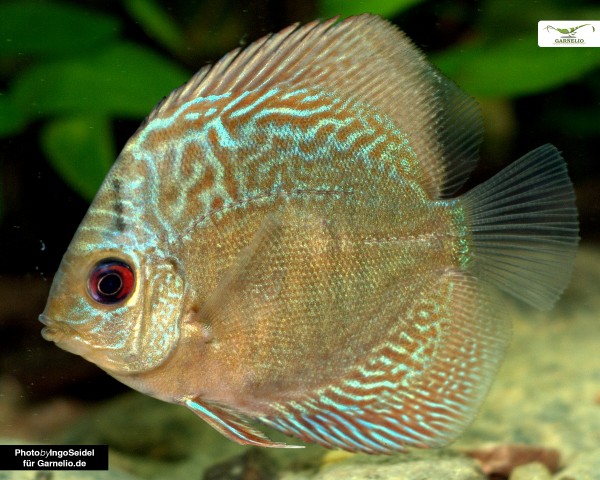
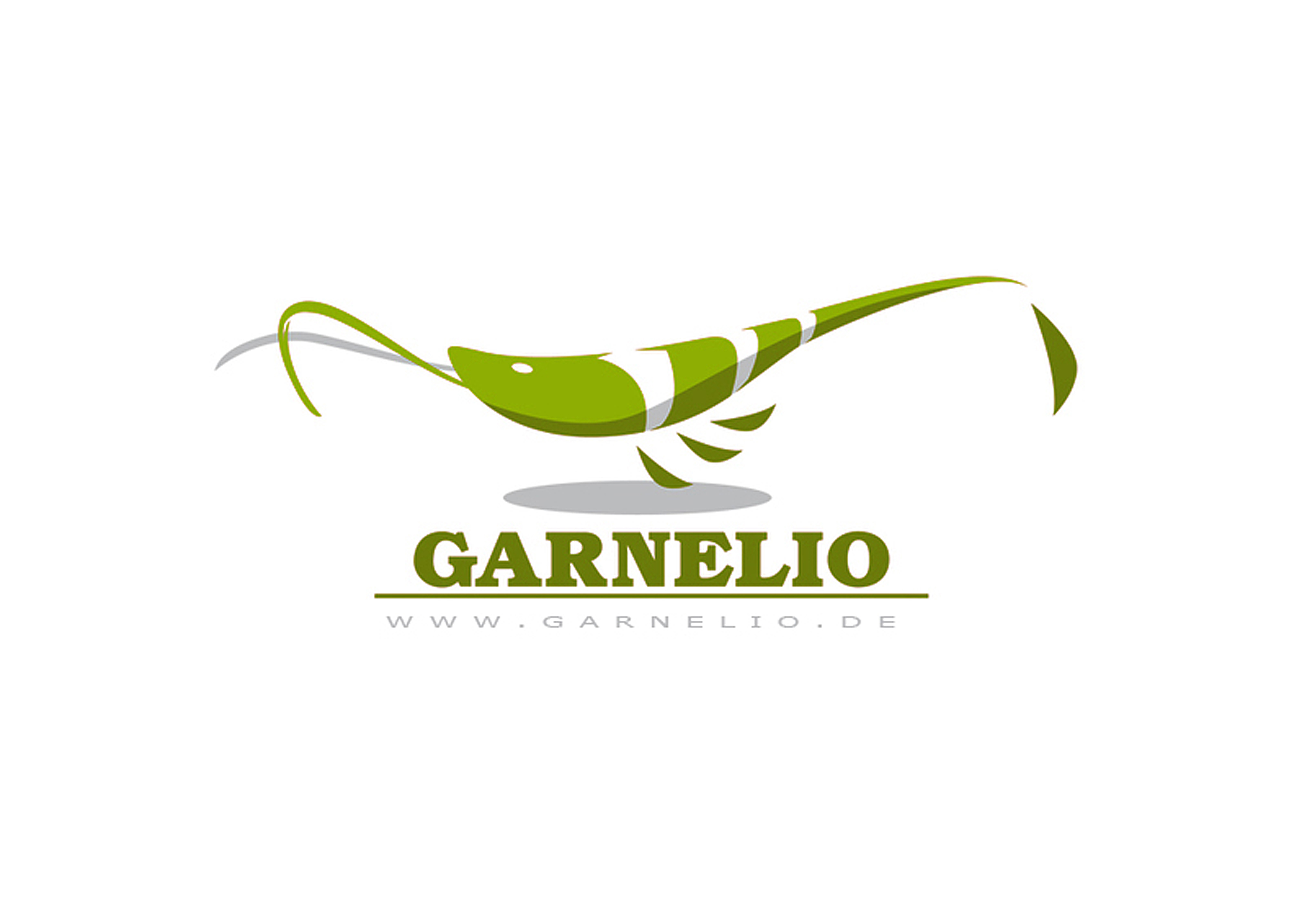
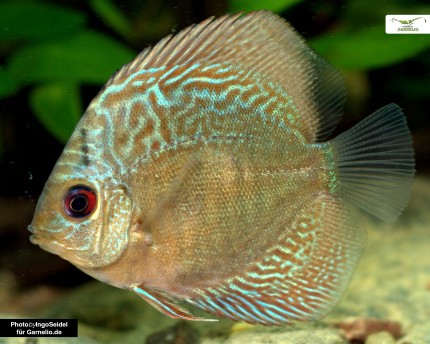
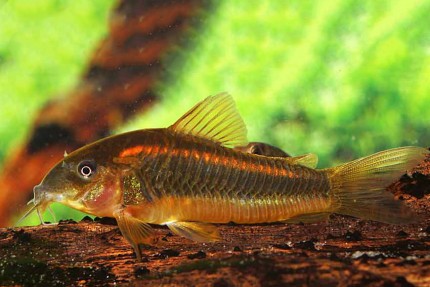
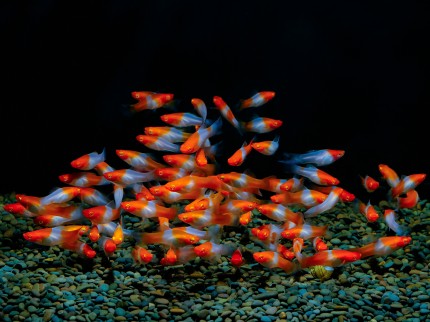

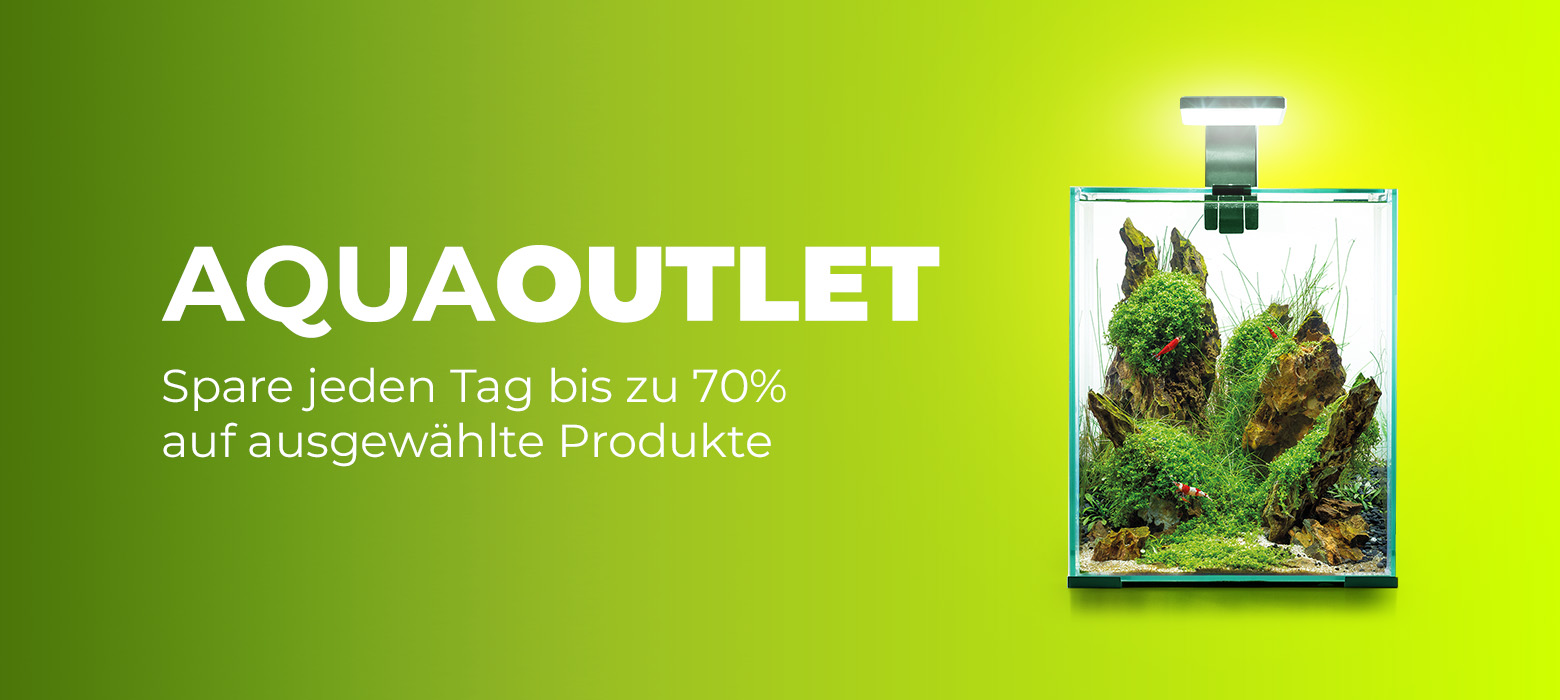
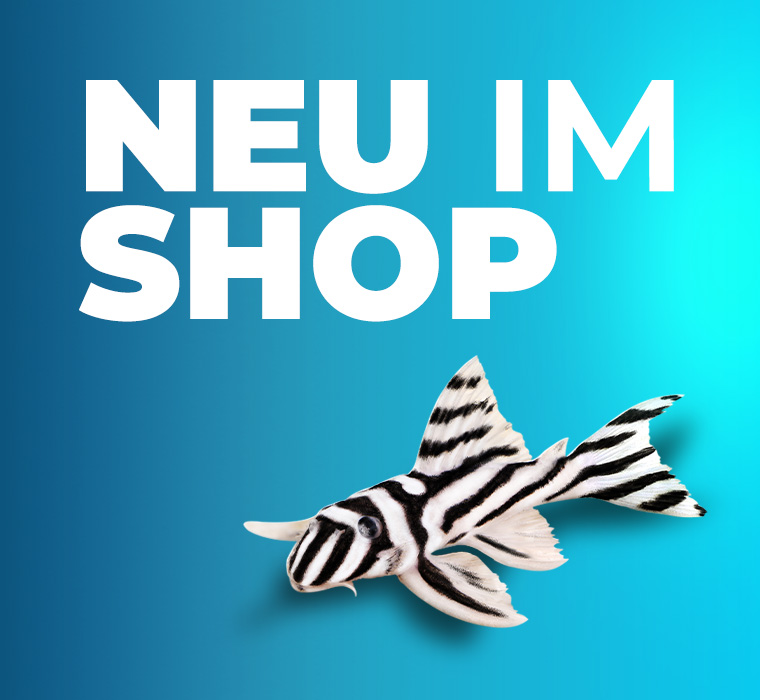
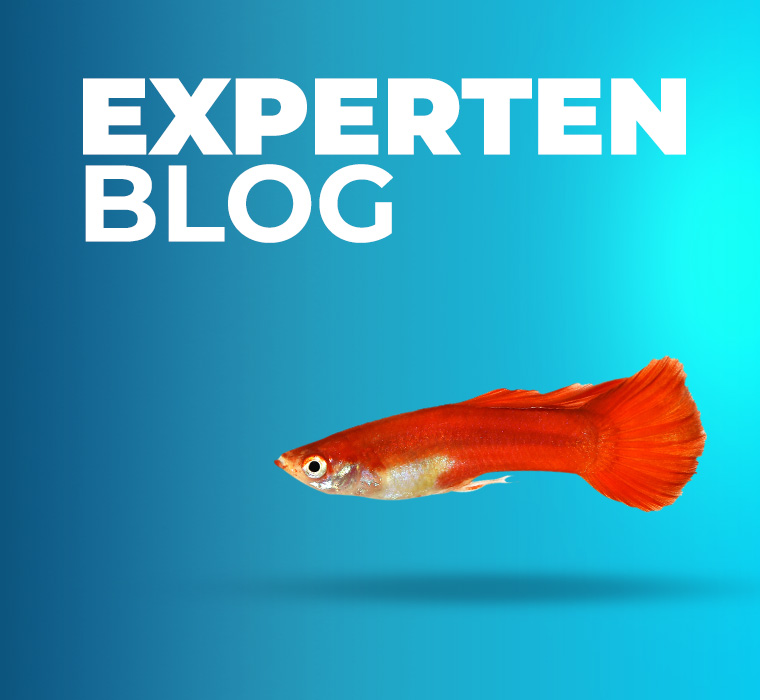
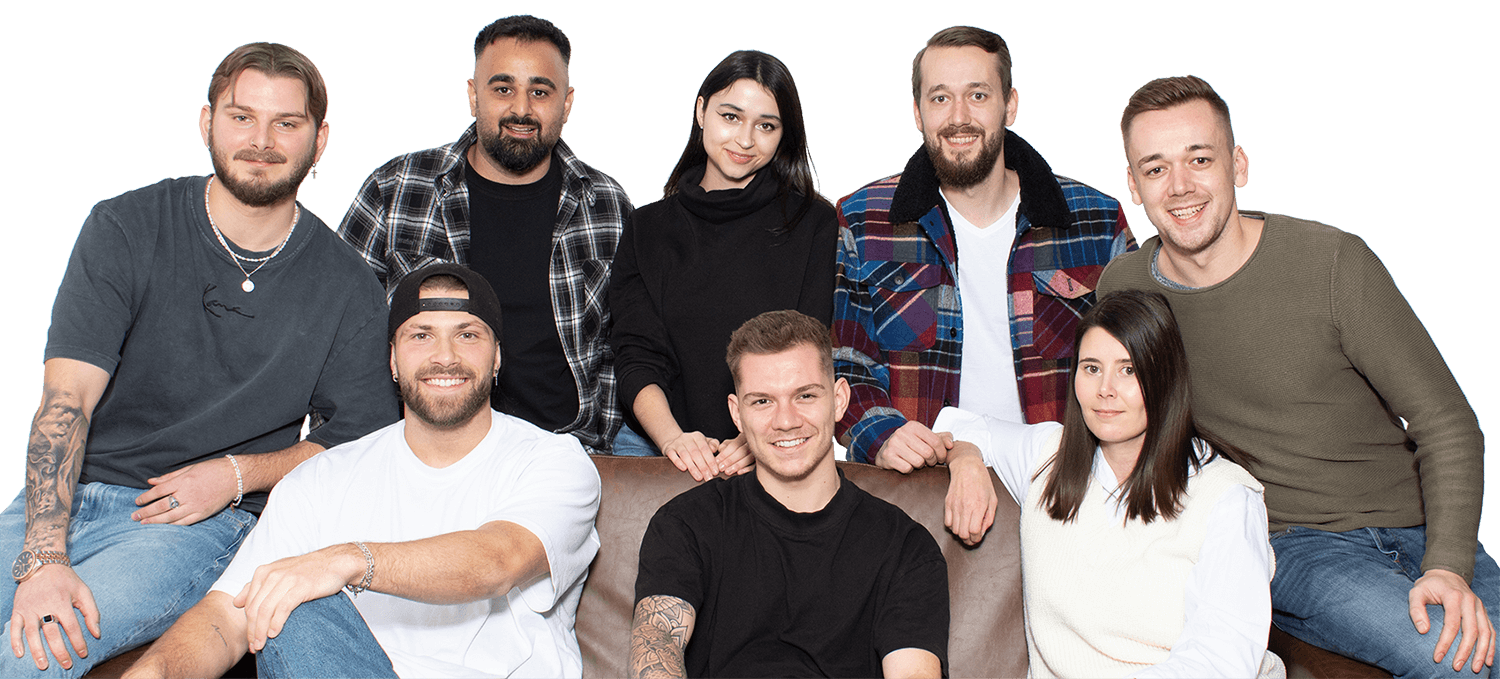
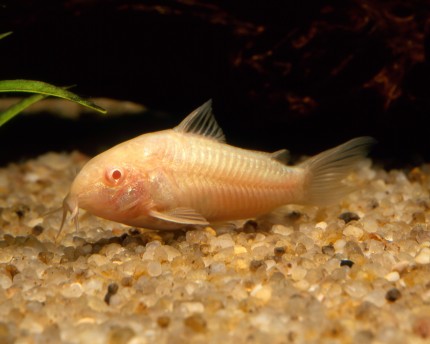
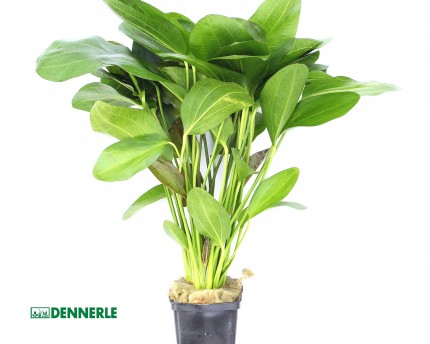
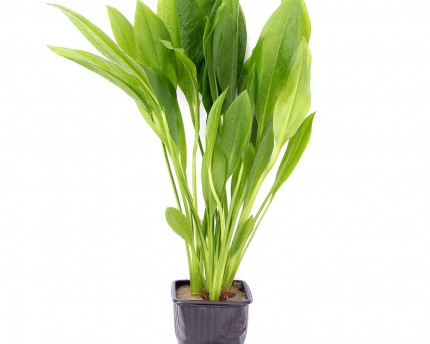
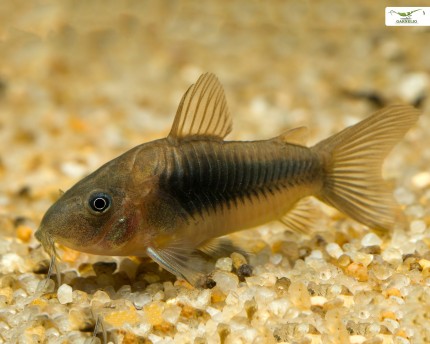
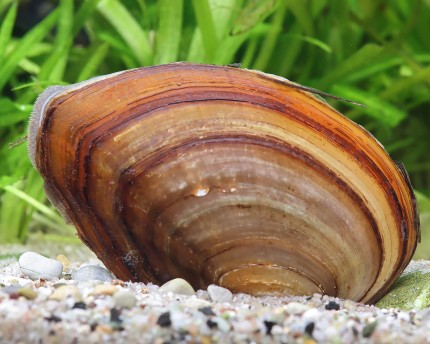
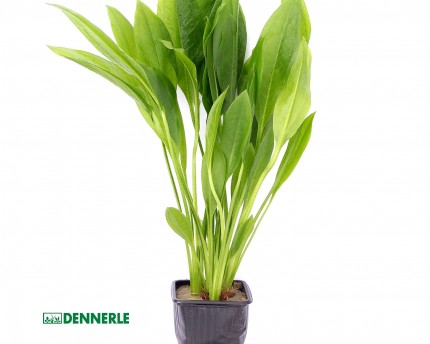
The fields marked with * are required.
I have taken note of the privacy policy.